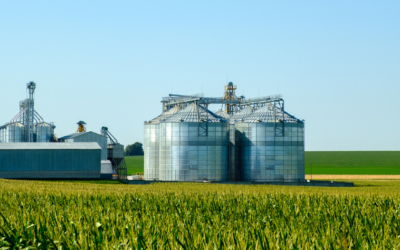Introduction
In the pursuit of a sustainable future, the synergy between renewable energy projects and agribusiness is instrumental. This blog post explores the pivotal role of local knowledge in cultivating greener practices within the renewable energy sector, with a specific focus on its impact on agribusiness.
Harnessing Local Knowledge for Sustainable Energy Projects
Understanding Regional Dynamics
Local knowledge encompasses an understanding of the unique dynamics within a region. In the context of renewable energy, this involves recognizing the specific needs, challenges, and opportunities that exist within the agribusiness sector of a particular locale.
Community Engagement
Effective renewable energy projects rely on strong community engagement. Agribusinesses with local knowledge have the advantage of established relationships with communities, facilitating smoother project development and fostering a sense of shared responsibility.
Insights from Agribusiness Leaders
Community Connection
Agribusiness leaders possess an intimate understanding of the communities they operate in. Case studies and experiences from these leaders highlight the importance of community connections in implementing successful renewable energy projects.
Navigating Regulatory Landscape
Local knowledge extends to navigating the regulatory landscape unique to each region. Agribusiness leaders can provide insights into regulatory nuances, helping renewable energy developers navigate permitting processes more efficiently.
UKA’s Approach to Local Collaboration
Building Bridges with Local Stakeholders
UKA recognizes the significance of local knowledge and actively seeks to build bridges with local stakeholders. Through collaboration with agribusiness leaders, UKA ensures that renewable energy projects are aligned with the values and needs of the community.
Sustainable Partnerships
UKA’s commitment to sustainable partnerships involves incorporating local knowledge into the decision-making process. By working closely with agribusinesses, UKA ensures that renewable energy projects are not only environmentally friendly but also socially and economically beneficial.
Conclusion
As we aspire to grow greener, the incorporation of local knowledge emerges as a powerful catalyst for sustainable change in the renewable energy landscape, particularly within agribusiness. The collaboration between renewable energy developers, agribusiness leaders, and entities like UKA exemplifies the potential for cultivating environmentally conscious practices that benefit both the industry and the communities it serves.




